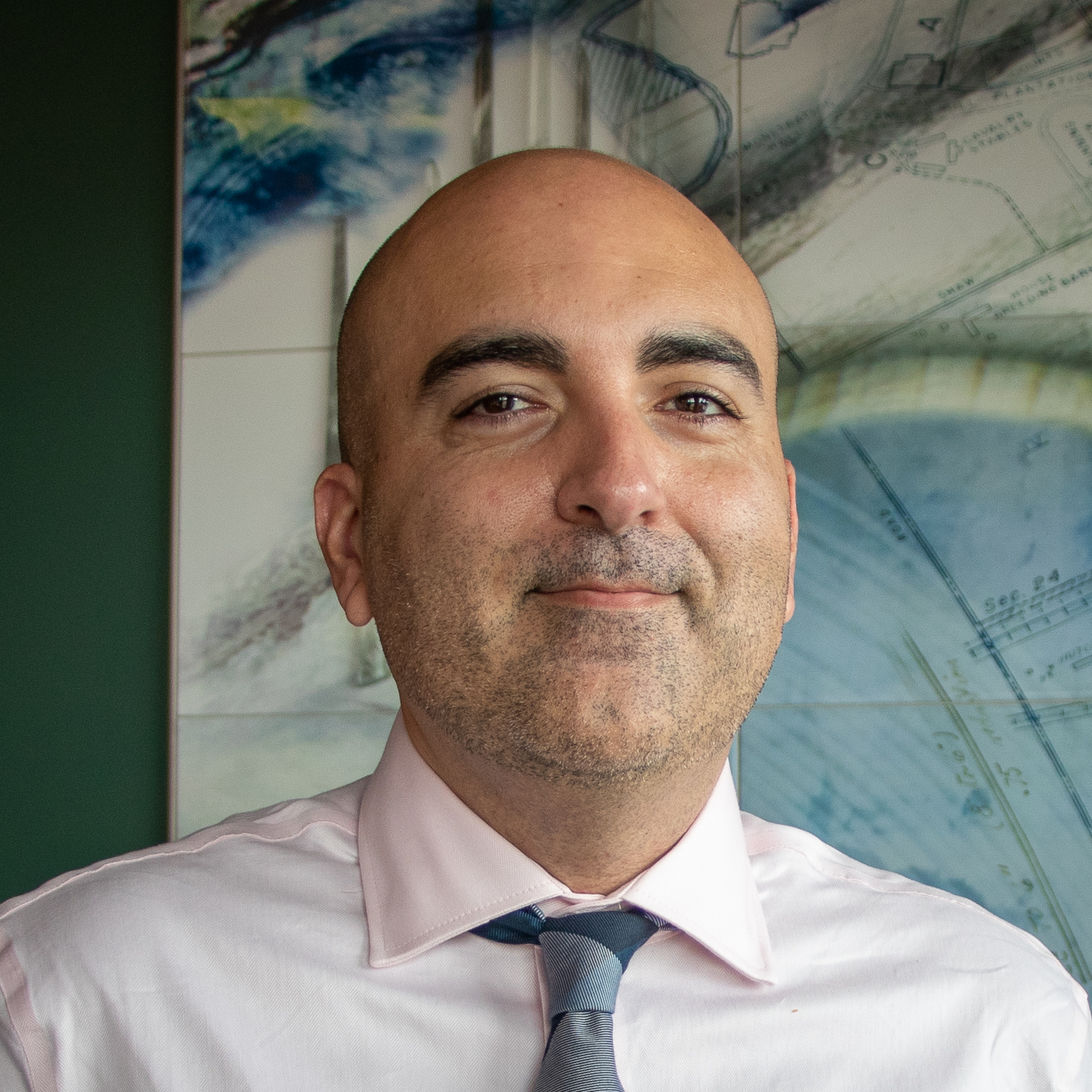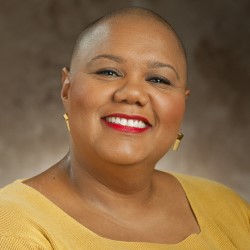Leadership Appointments in the Center of Ethics and Humanities in the Life Sciences
February 2, 2021
Sean Valles appointed director
 Since early January, when Sean Valles assumed his new job as director of the Center for Ethics and Humanities in the Life Sciences, the news every morning has reminded him why he does what he does.
Since early January, when Sean Valles assumed his new job as director of the Center for Ethics and Humanities in the Life Sciences, the news every morning has reminded him why he does what he does.
COVID-19 has focused public attention on what he has known all along: not everyone has equal access to healthcare, and life expectancy often is determined by race, income, and Zip Code.
“We’re sort of having it thrown in our faces now,” said Valles, PhD, an associate professor in the College of Human Medicine. “We’re in the midst of a medical ethics crisis. A huge number of people don’t have access to healthcare at all.”
The pandemic has exposed inequities that have long smoldered beneath the surface: the risk that disease can rapidly spread through nursing homes and prisons; the dangers meat packing plant workers encounter every day; the disproportionately high rates of death among minorities due to COVID and other illnesses.
“We never actually dealt with those problems,” Valles said. “Now we’re seeing the results of that.”
In his new job, he directs teaching and research into medical ethics by College of Human Medicine students and staff. He views medical ethics broadly, such as how zoning decisions can determine whether residents have access to healthy food.
“Health happens at home, at work, and wherever you spend your life,” Valles said. “My goal is to insert health justice and equity into as many conversations as possible. It’s our job to prepare future physicians to have those conversations.”
He also plans to bring together people throughout the university who have interest and expertise in health justice, and he hopes to hire additional faculty. He and Karen Kelly-Blake, PhD, the center’s assistant director, plan to lead the process of rewriting the center’s mission and values statement to address the growing health disparities.
“I’m in one sense pessimistic in that things are very bad out there,” Valles said. “But in another sense, I’m optimistic that we can actually do something about it. Maybe we can actually make some headway here.”
Karen Kelly-Blake appointed assistant director
 Karen Kelly-Blake, PhD, has been promoted to assistant director of the College of Human Medicine’s Center for Ethics and Humanities in the Life Sciences.
Karen Kelly-Blake, PhD, has been promoted to assistant director of the College of Human Medicine’s Center for Ethics and Humanities in the Life Sciences.
Kelly-Blake, a medical anthropologist and associate professor, joined the center in 2009. Her research encompasses many areas, including health services, shared decision-making, decision aid development and implementation, clinical communication skills and training, racism and morbidity and mortality, bioethics, medical workforce policy, and men’s health.
She is a co-investigator of a National Institutes of Health-funded study, “Improving Diabetic Patients’ Adherence to Treatment and Prevention of Cardiovascular Disease.”
Working with University of Michigan partners, she is engaged in a pilot observational study to assess a multi-level clinical intervention for patient navigator enhanced colorectal cancer screening in rural community primary care practice settings.
Kelly-Blake sits on several college and university level committees. She received her PhD from Michigan State University.

